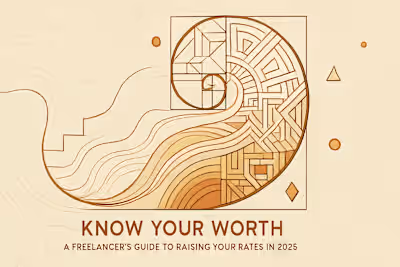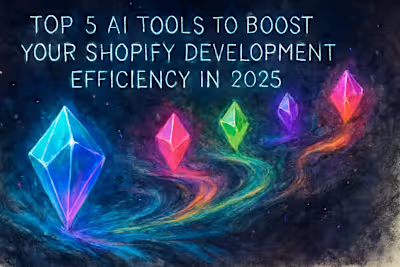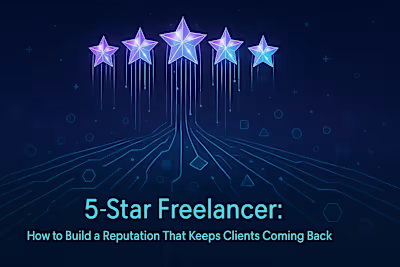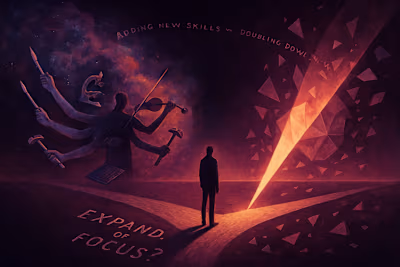Will AI Steal Your Job? Why Clients Still Need Human Shopify Developers
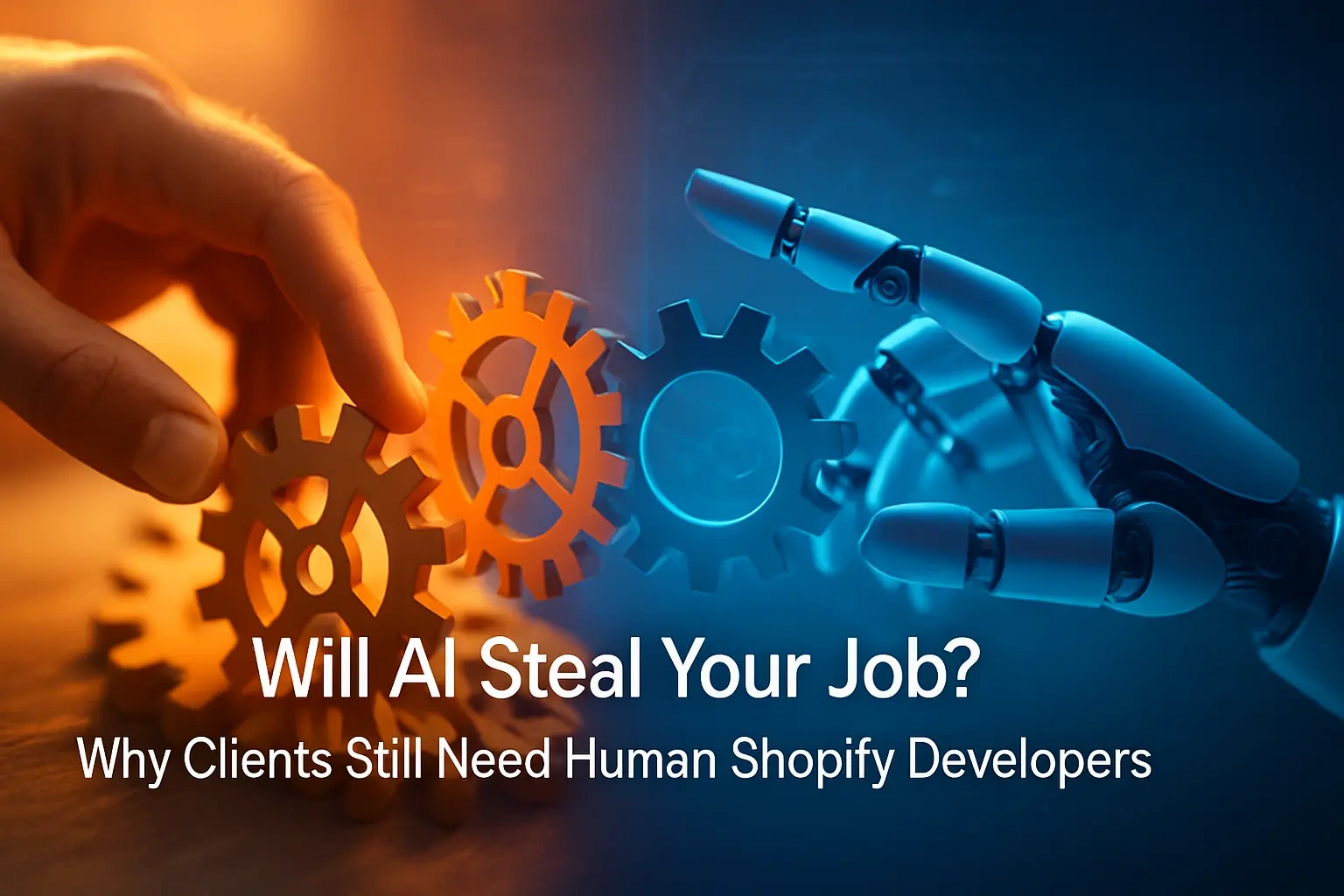
Will AI Steal Your Job? Why Clients Still Need Human Shopify Developers
The Limits of AI: Where Machines Fall Short
Lack of True Creativity and Originality
Inability to Understand Nuanced Business Context
The 'Garbage In, Garbage Out' Problem
The Irreplaceable Value of Human-Centric Skills
Strategic Thinking and Problem-Solving
Empathy and User Experience (UX) Design
Ethical Judgment and Accountability
AI as a Powerful Ally, Not a Replacement
Boosting Productivity and Efficiency
Offering New, AI-Powered Services
The Developer as an 'AI Pilot'
Conclusion: The Future is a Human-AI Collaboration
Why Clients Will Always Value Human Expertise
The Evolving Role of the Shopify Developer
References
Will AI Steal Your Job? Why Clients Still Need Human Shopify Developers
The Limits of AI: Where Machines Fall Short
Lack of True Creativity and Originality
Inability to Understand Nuanced Business Context
The 'Garbage In, Garbage Out' Problem
The Irreplaceable Value of Human-Centric Skills
Strategic Thinking and Problem-Solving
Empathy and User Experience (UX) Design
Ethical Judgment and Accountability
AI as a Powerful Ally, Not a Replacement
Boosting Productivity and Efficiency
Offering New, AI-Powered Services
The Developer as an 'AI Pilot'
Conclusion: The Future is a Human-AI Collaboration
Why Clients Will Always Value Human Expertise
The Evolving Role of the Shopify Developer
References
Posted Jul 4, 2025
AI is powerful, but it can't replace human developers. Discover the key reasons why clients still need the creativity, strategic thinking, and ethical judgment of human Shopify experts.





